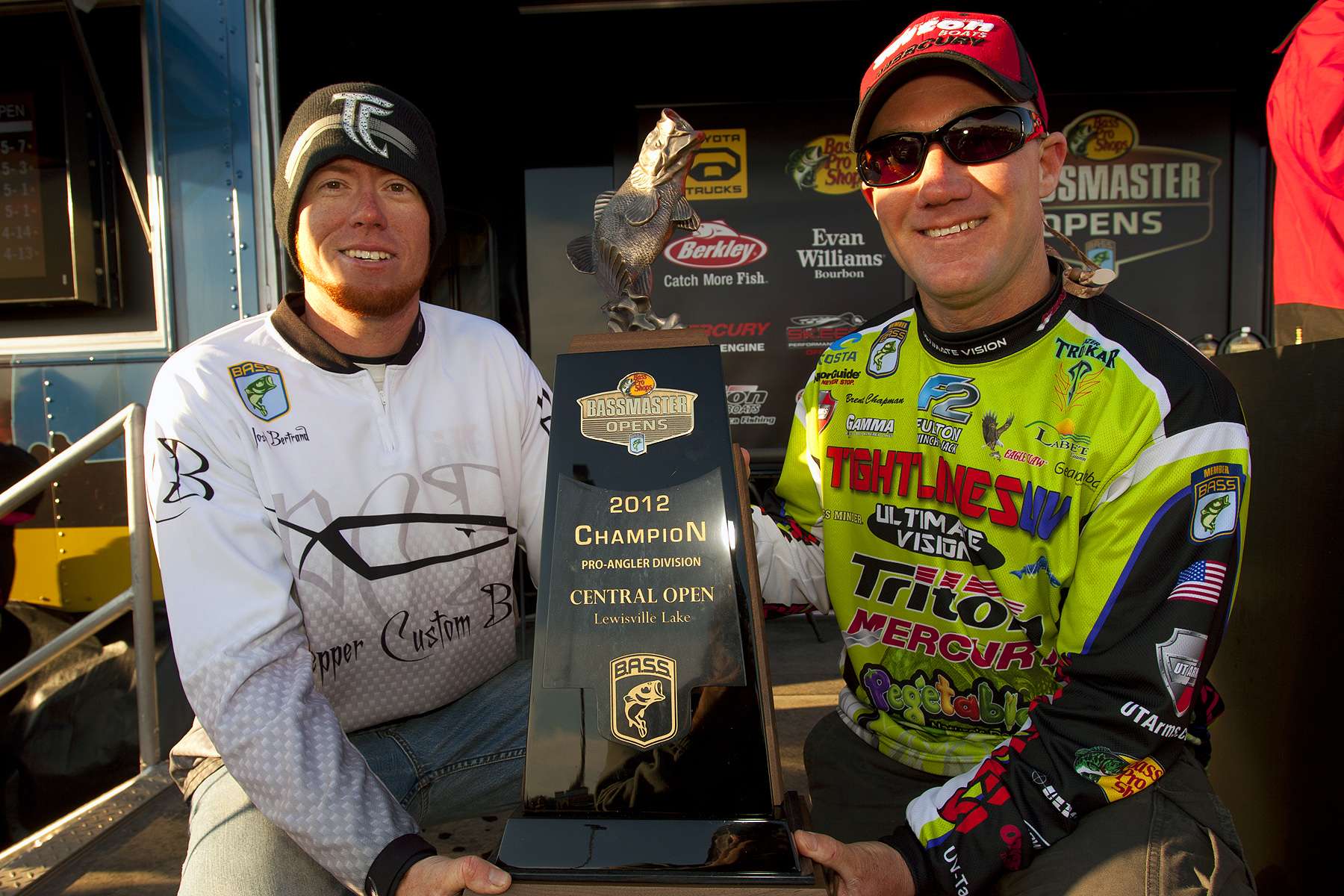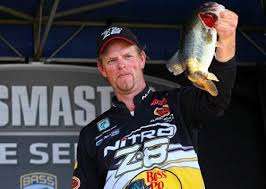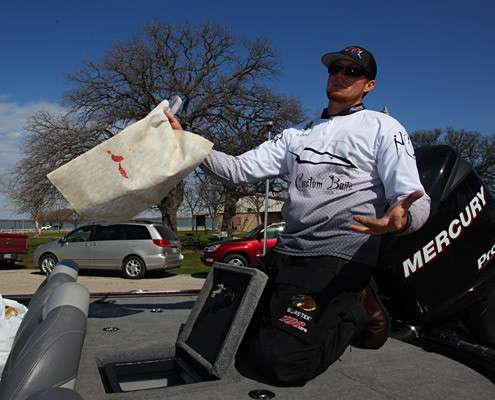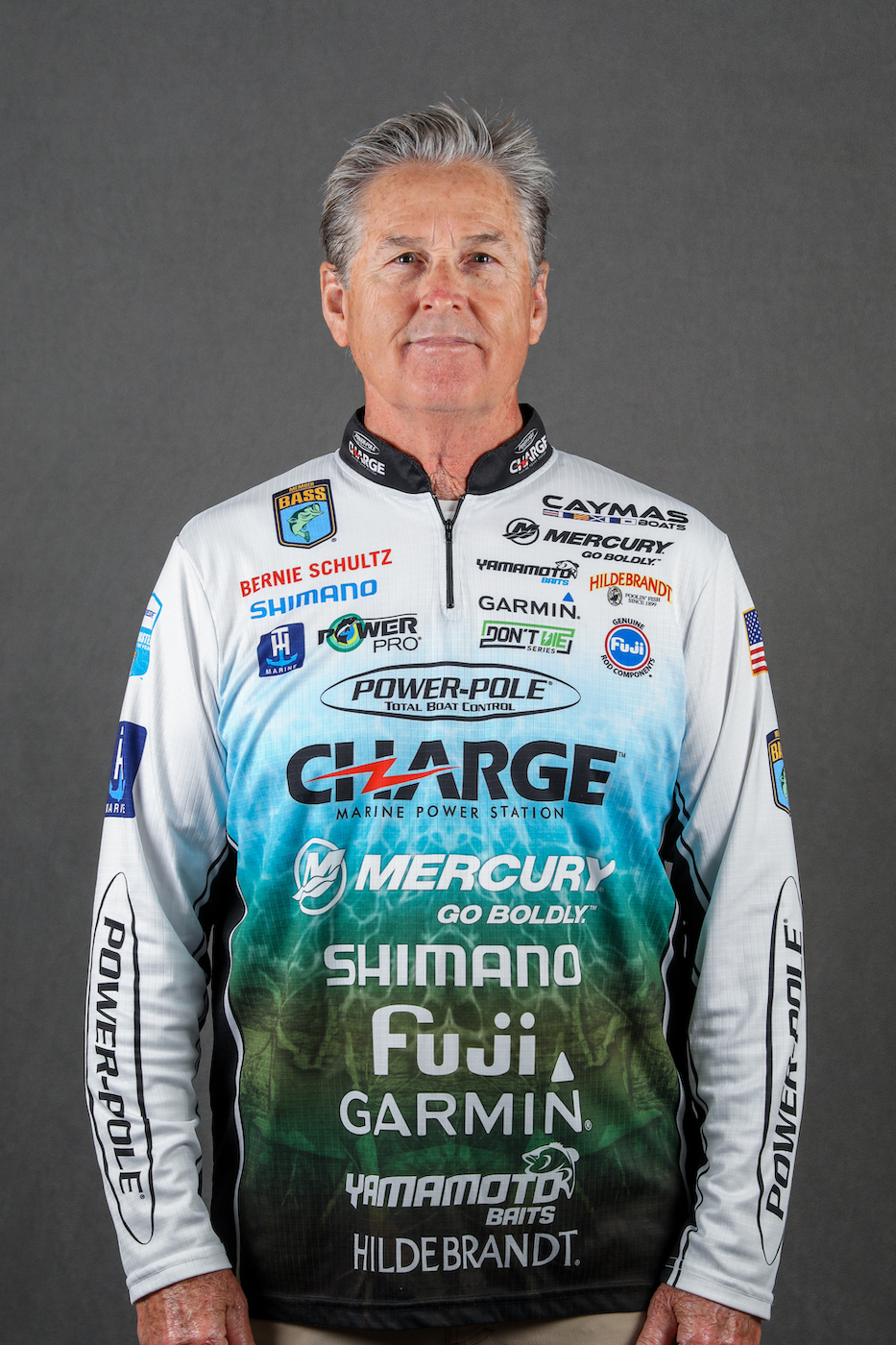
Imagine having one of the best tournaments of your career. One that could bring victory or perhaps even a GEICO Bassmaster Classic qualification.
Anticipation is high as you approach the scales — not just for you, but for the many fans and sponsors who support you. Your closest competitor — the one who’s been waiting in the hot seat — is also watching intently.
Finally, when the scales come to rest, the emcee shouts a string of words so unimaginable, you can hardly believe your ears: “We have a tie, ladies and gentlemen! We – have – a – tie!”
Instantly, your gut is ripped to shreds. What you once thought would be yours is now shared … but only for the time being.
Next comes the tiebreaker!
Classic ties
Although rare, ties happen. And when they occur, it leaves everyone guessing.
To deal with these situations, B.A.S.S. developed a system of tiebreakers. And though the outcome hardly benefits all involved, it is essential to the process.
In the case of an individual event where two or more anglers are tied for first, the winner is determined by a “fish-off.” The anglers are given a specified amount of time (overtime, if you will) and the one with the most weight at the end of that period is declared the victor.
Where Toyota Bassmaster Angler of the Year standings are involved, the tiebreaker is determined by overall weight — the angler having the most weight for the season wins.
Such was the case in 2009, when Elite pros Matt Reed, Mark Tucker and Jami Fralick were locked in a three-way tie for the last qualifying position to the Classic. All of them had 1,481 points, but because Fralick had accumulated the most weight through eight events, he was awarded the last qualifying position.

Tucker eventually found his way in when fellow Elite, James Niggemeyer double-qualified through the Central Opens. Reed wasn’t so lucky.
Shaw Grigsby also knows the pain of losing a tiebreaker. He was once deadlocked with former pro Mike Bingham in a Top 100 event on Lake Norman. And though it’s been years since that fish-off occurred, Shaw remembers it like it was yesterday.
“I was tied with — believe it or not — my roommate. It was a four-day event and the fishing was really tough. When (the tournament staff) realized we had tied, they sent us out for a one-hour, sudden death fish-off. Mike beat me back to the scales with a single 2-pounder.”
Brent’s way or the highway
Brent Chapman was also involved in a tiebreaker. But his outcome was much friendlier.
It was a Central Division B.A.S.S. Open and, after three days of competition, he was at a stalemate with western pro, Josh Bertrand. With the win and a Classic berth at stake, the two were instructed to return the next day for a 4-hour fish-off — the winner of which would be determined by the most weight on five fish.

Although neither contestant caught a limit, Chapman emerged the victor and punched his ticket to the Classic. Bertrand left with no Classic spot and a much smaller payday.
That’s the sad part of any tiebreaker … the fact that someone is going to lose. Even after fishing one of the finest tournaments of his career and beating 99.9 percent of the field, the trophy still eluded Bertrand.
We all feel for the guy on the losing end of a tiebreaker, but as hard as it may seem, outcomes like these are occasionally a part of high-stakes fishing.
If you’re interested in other aspects of the Elite Series Rulebook, check out the preceding installments of “Rules Are Rules” listed beneath my profile above.

